Plastics bags are inexpensive, durable, moisture- proof and extremely convenient. One might argue that a single use plastic bag can be reused for various purposes, however elimination of plastic bags from retail chains is essential. If their use remains unchecked, the ratio of plastics to fish in our oceans will be 2:1 within the next few decades. Countries across the globe have recognized that Single Use Plastics need to be phased out. Fortunately, India has also recognized this fact, unfortunately, there are gaping holes in the implementation and communication about the ban/use of plastics.
The state of Sikkim in India has been successful with the plastic ban, whereas Maharashtra’s plastic ban requires reshuffling in strategy. Maharashtra would benefit with guidance from other Indian states/ local bodies/ non – profits on the subject.
As per the solid waste management laws in India and MCGM notifications, waste generators in Mumbai are mandated to segregate their household waste. There are issues with 2-way segregation and following Bangalore’s lead, 3-way segregation separating wet waste, dry waste and reject waste is essential. However, only a miniscule percentage of households or other waste generators segregate waste in Mumbai.
Plastic bags when mixed with other types of waste end up in mangroves, garbage dumps, the streets, oceans and even on our beaches. Mumbai is not a stranger to beaches appearing to be dumps due to heaps of plastic bags. Moreover, recycling of any kind of plastic requires further energy consumption and a plastic product is created into pellets for reuse or into a plastic product of a lower grade. For example: A single use plastic bag of 50 microns, when recycled, will create a plastic bag lower than 50 microns or perhaps even a plastic garbage bag. In other words, when plastic is introduced into the production cycle, it cannot be recycled infinite number of times and after a certain period it will not be recycled further. Ultimately, it will turn up in undesirable manners in the environment.
Fact. Vs. Fiction
By now you agree that a plastic bag requires alternatives, are bioplastics or compostable plastics apt substitutes?
The answer is No! Bioplastics and compostable bags are as unsustainable as plastic bags if not more!!!
Bioplastics
Bioplastics are single use bags that are manufactured using either crop alone or a mixture of crops and crude oil. However, bioplastics degrade into smaller bits of plastic, NO BETTER THAN A REGULAR PLASTIC BAG. These microplastics remain in the environment and return to humans through the food chain.
Compostable Plastic Bag
A compostable bag is created out of plant-based material or edible crops. They cannot be recycled and hamper plastic recycling processes due to lack of segregation. Moreover, it is only compostable under lab condition, this bag will NOT COMPOST IN A LANDFILL OR A COMPOST BIN.
In fact, a member from our team has tested out a sample of compostable bags in one of our compost bins for a period of 6 months, and the results are clear. A fruit peel or any edible item takes a period of 30 days to turn into compost, whereas a ‘compostable bag’ has not disintegrated even after 6 compost cycles.

Both bioplastics and compostable bags claim that they are created using edible plants such as tapioca/ corn starch etc. These bags, a product of greenwashing[1]*, are being promoted as alternatives to one’s garbage bag in India which is a hunger positive country.
Take a minute to think of the importance of an individual’s meal vs. an urban individual’s requirement of a single use garbage bag.
It is not easy for us to switch to non-plastic alternatives as we have been spoilt for umpteen years. However, efforts towards the switch must be made. Now that we’ve busted a couple of myths about alternatives to plastic bags, let’s move to products that should be used. It is easy to go back to days when plastic bags did not exist. One did not have to worry about whether their bag was eco-friendly or not, the default was eco-friendly! Just have a chat with your grandparents or parents, I’m sure they will have more alternatives in mind.
What are the alternatives to Plastic bags?
- Small Steps Foldable Backpacks and Side Bags
These bags are super convenient and can be folded into a mini bag and attached either inside or outside your bag/purse.
Link – https://bit.ly/2uvTEyA
- Veggie to the Fridgie Bag!
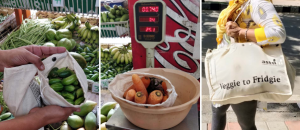
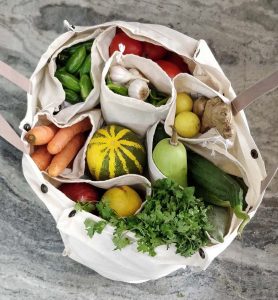 The veggie to the fridgie bag! This bag ensures that your groceries don’t get mixed up! They are detachable and can easily be stored in your fridge.
The veggie to the fridgie bag! This bag ensures that your groceries don’t get mixed up! They are detachable and can easily be stored in your fridge.
Link for purchase – https://bit.ly/2uH87XL
PS: Cloth bags without compartments are easily available with your local grocer at very nominal rates.
- Cane basket or a cane bag/ woven bamboo bag/ Wicker Basket (Left to Right)
These bags and baskets have been around before plastic bags. They are sturdy; however, they are cumbersome to carry around. They are popular at farmer’s markets and were used by our grandparents and parents.
Links: https://bit.ly/2LqXSh8
- Mason Jars/Glass Jars or Stainless-Steel Containers
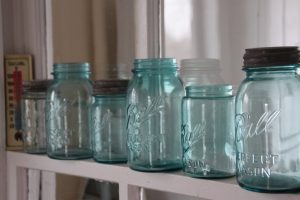
The jars are pretty and can be reused until they break and can then be recycled further. Downsides: they are heavy and easily breakable.
Link: https://amzn.to/2utR5Nm
The steel containers are convenient to carry and can be reused innumerable times.
Links: https://amzn.to/2uMekSm
- Denim/T-shirt DIY bags
For those who are more creative or have time on your hand, you can design and use your own cloth/denim bag.
Link: https://bit.ly/2L1Oc0s
- Cardboard Boxes
I haven’t provided links here, this is available with your online purchasing or your local raddiwala.
The above options work well in seasons apart from monsoons. But what about the Maharashtra monsoons? There aren’t too many options available, feel free to hit us up in the comments section in case we have missed any essential plastic bag alternatives.
- Raincoat for your backpack
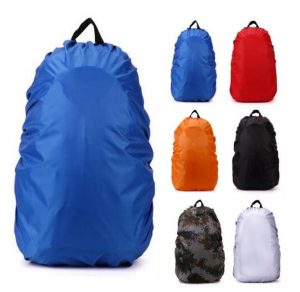
This option will be available at your local umbrella/raincoat store. Of course, there are online options as well.
Downsides: A backpack is not always an option to carry groceries. However, it works well if your bag is not waterproof.
Link: https://bit.ly/2L1ot8x
GCF has a recommendation for an entrepreneur looking for a product idea – the most convenient rain-proof grocery bag. Please share this idea with your entrepreneur friends and we hope to see this bag in the market soon!!
Our dream monsoon-proof grocery bag would:
- Be made of water proof material
- Have a flap cover for rain protection
- Have both a backpack option and a sling option
- Multiple compartments for various items
- Ability to fit into a small space and conveniently be carried to work
The above list has multiple products to choose from, in case you do know of products, shops or websites, please share with us in the comments section!! Happy switching to plastic free alternatives ?
[1] *Deceptive PR or marketing strategies for companies to gain market share.


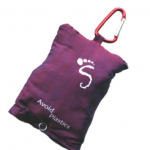
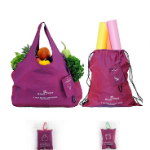
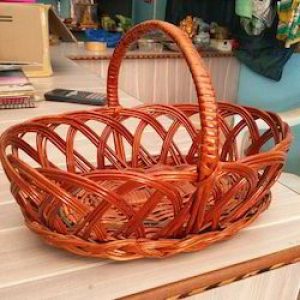

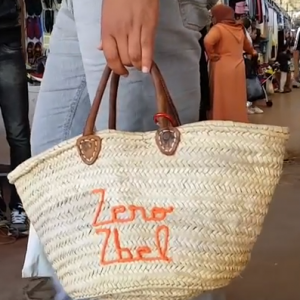
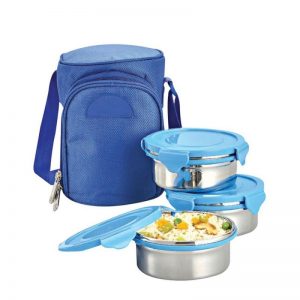
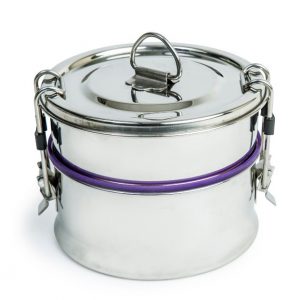
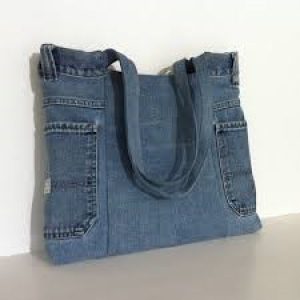
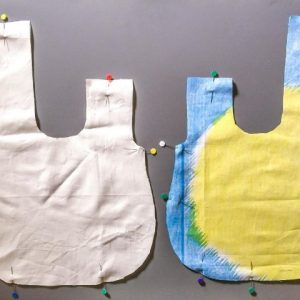
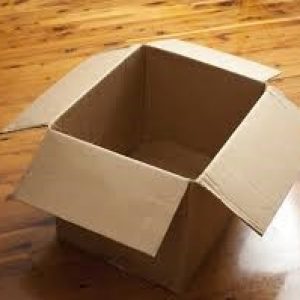

Any suggestions for garbage bags?
Also, how to dispose plastic wrapping that comes on purchase of items like salt, dals, bread etc
need garbage bags.
Also, how to dispose plastic wrapping that comes on purchase of items like salt, dals, bread etc
We don’t recommend use of garbage bags as it is hard to recycle them and hence have to be sent to dumping grounds. All plastic wrapping can be put in your dry waste bin or bag. You have to ensure that this plastic is going to a local dry waste centre for material recovery and not getting mixed with other types of waste.